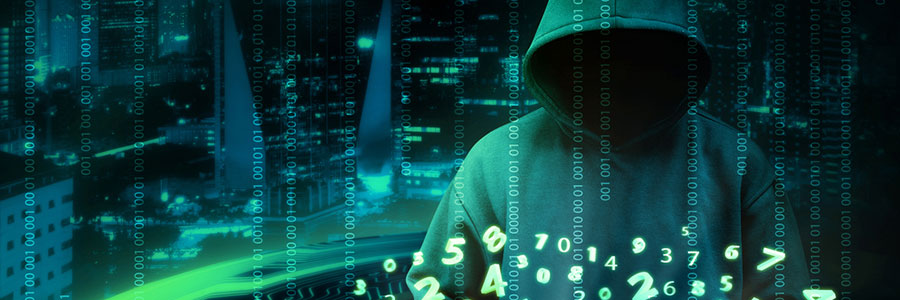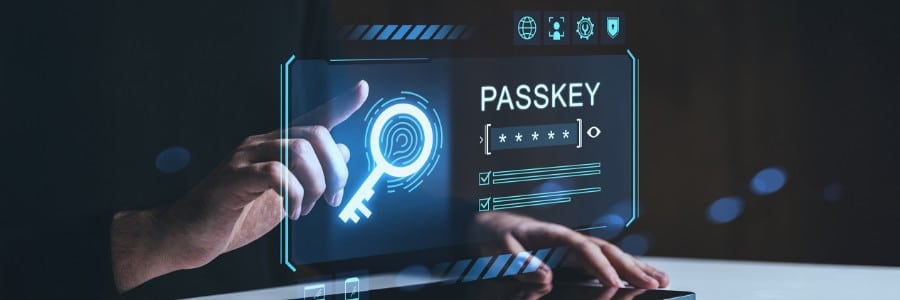Microsoft recently disclosed and patched a high-severity Windows Admin Center vulnerability that could allow privilege escalation within enterprise environments. Tracked as CVE-2026-26119, the flaw reinforces how critical administrative platforms must be protected against authentication weaknesses.
Blog
10 Questions to Ask Your MSP Before Signing a Contract
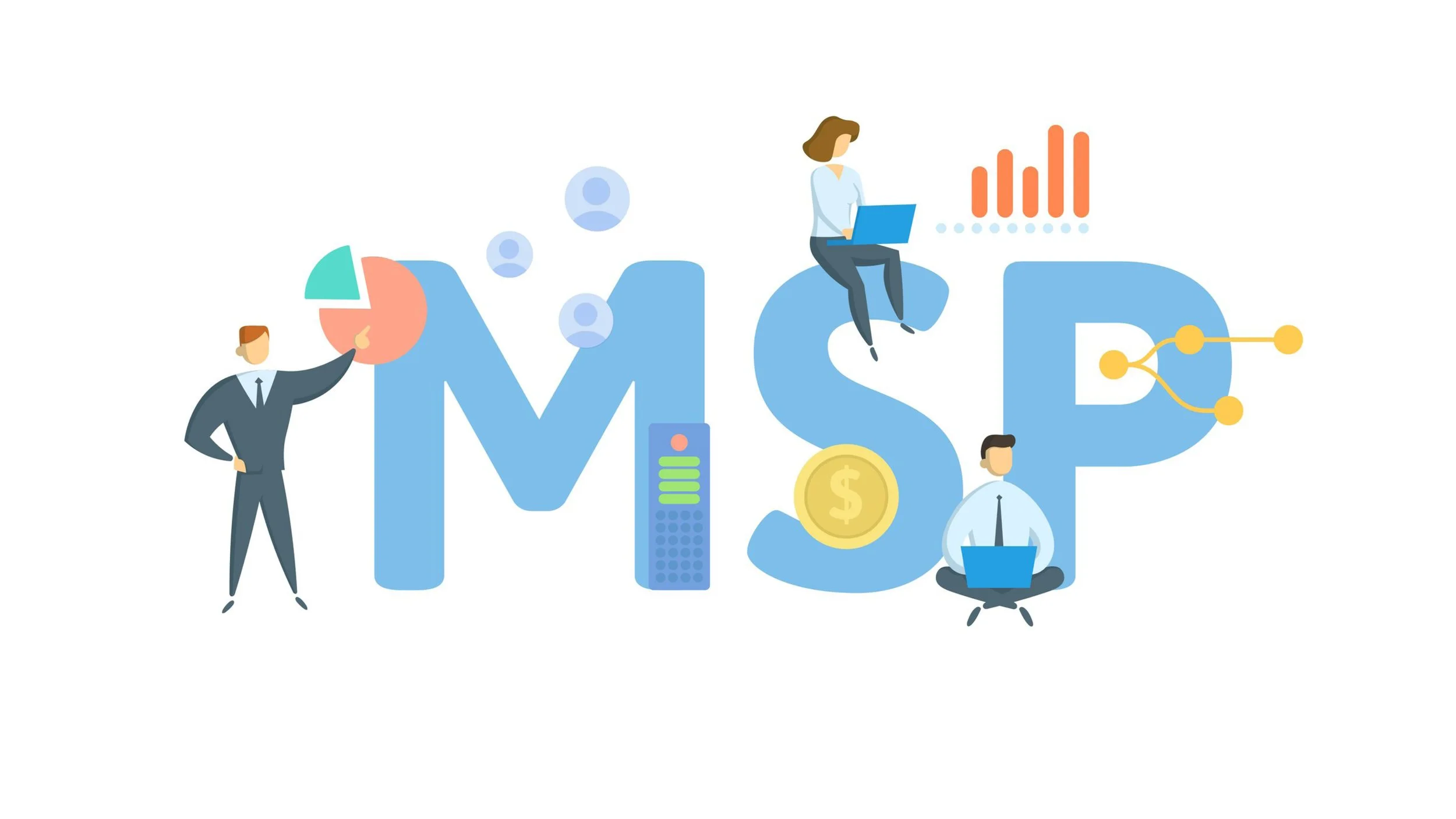
If you are evaluating IT support, knowing the right questions to ask your MSP (Managed Service Provider) can determine whether you gain a strategic partner or inherit unnecessary risk. Many organizations enter managed IT agreements without fully understanding service scope, cybersecurity standards, or long-term planning expectations.
Questions to ask before upgrading your servers
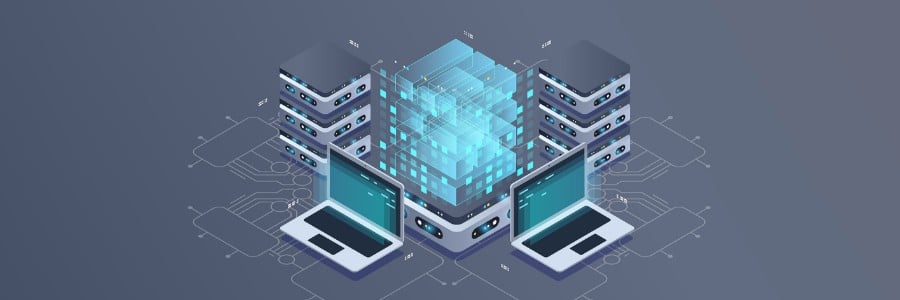
Upgrading your company’s servers is a crucial decision that affects everything from operations to long-term growth. Rather than rushing into a replacement, it’s important to pause and ask the right questions. The following questions will help you evaluate your current infrastructure and determine whether replacing your servers is the best course of action.
Why VPN Online Security Is More Important Than Ever
Why are RAM and Storage Prices Are Rising?

RAM and storage price trends for organizations are becoming a critical topic for IT leaders, finance teams, and government technology managers alike. Across industries, the cost of essential hardware components (especially system memory (RAM) and data storage) has been climbing steadily, making infrastructure planning more complex than it has been in years.
2026 Cybersecurity trends and predictions
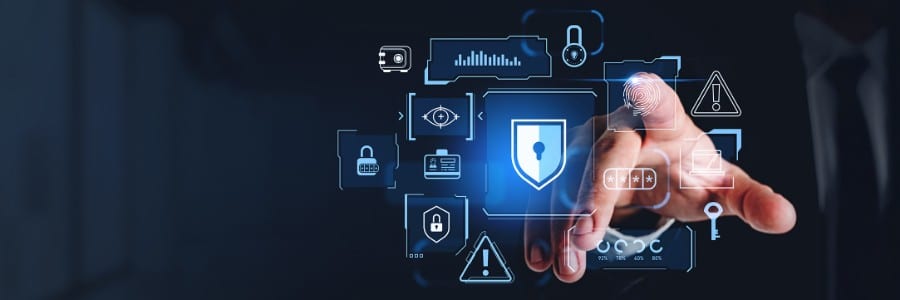
Cybersecurity experts Rob Wright (Dark Reading), David Jones (Cybersecurity Dive), and Alissa Irei (TechTarget Search Security) recently came together to discuss the future of online security. Let’s take a look at their insights on major trends and new risks to help businesses better navigate the challenges on the horizon.
How a Misconfigured Database Put 149 Million Accounts at Risk
Bluetooth Audio Devices at Risk: What Organizations Must Know About Wireless Hijacking Threats

Bluetooth audio security risks are becoming a growing concern for businesses and government agencies as wireless headphones, earbuds, and speakers become essential tools for virtual meetings and daily operations. Recent research has uncovered serious flaws in the Bluetooth pairing process used by hundreds of millions of devices, exposing them to unauthorized access, eavesdropping, and even location tracking.



